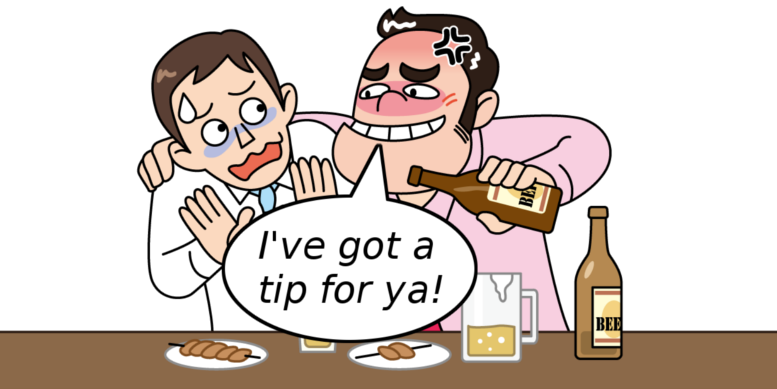Last week on Tips-y Tuesday we talked about the benefit of writing your query letter’s synopsis letter before starting your manuscript. This week I’d like to change gears and talk about something completely different: cosplaying as your novel’s characters.
For those unaware, “cosplay” (portmanteau of “costume” and “play”) means dressing up like a character from a movie, video game, or TV show. For some extensive examples of cosplay, check out the cosplay-related articles on RocketNews24.
But the thing about cosplay is, not all characters are as popular to cosplay as others. Sure, the most popular characters are of course going to be from the most popular media (anime, Game of Thrones, Harry Potter, etc.), but there’s also another factor: how identifiable the characters are.
